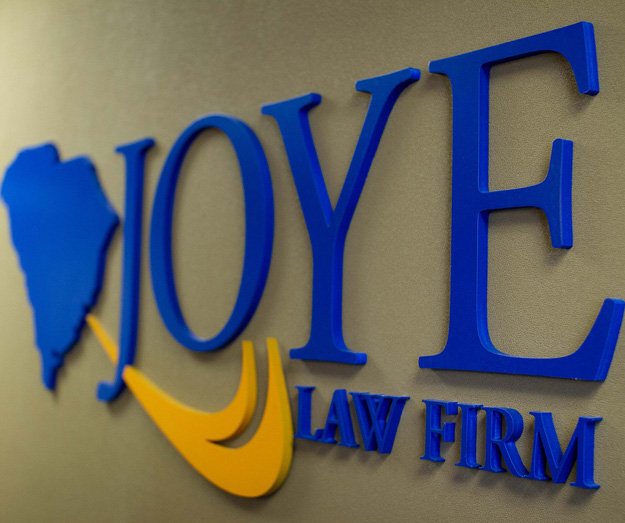
If you’ve been injured by a negligent person, defective product, dangerous drug, or unsafe property conditions, you are probably seeing firsthand how complicated personal injury law can be. While the person or company responsible for the harm you suffered may be on the hook for your damages, it doesn’t mean they won’t fight you every step of the way.
Obtaining a fair settlement requires knowing what kind of claim to file and which laws apply to your case. Part of that includes understanding legal terminology like “tort” versus “personal injury lawsuits” and how each can impact you.
Unsure if your accident qualifies for a claim? Continue reading to learn the differences between a tort and a personal injury claim. Joye Law Firm’s skilled personal injury attorneys can get you the money you need to get your life back on track after an accident.
Torts vs. Personal Injuries
Torts and personal injuries are legal terms often used interchangeably, but they have different meanings. Tort is Latin for “wrong, injury,” or “wrong, injustice.” A tort is a wrongful act leading to legal liability, encompassing a range of offenses. A tort may result in personal injuries, which creates civil legal liability.
Personal injury occurs when someone is physically, psychologically, or emotionally harmed, often due to another person’s negligence. This can happen in situations such as car accidents or acts of medical malpractice. A tort or tortious conduct does not have to result in personal injury for there to be an adequate remedy at law. A tort may proximately cause other harms, such as property damage or harm to one’s reputation.
These distinctions determine the type of legal claim you can pursue and the damages you may recover. For personal injury cases, the focus is on compensating the injured party for economic and noneconomic harm suffered due to another’s negligence. However, not all torts are created equally. There are a variety of remedies available depending on the negligent act (“tort”). Remedies may include injunctive relief, or compensation for non-physical damages, as in the case in an action for defamation.
What Are the Differences Between Types of Torts?
There are several types of tort cases, including intentional, negligent, personal injury, and mass torts. Here’s a breakdown:
| Tort Case | Description | Liability |
| Intentional Torts | Involves deliberate actions causing harm to individuals or property. Examples include assault, battery, and defamation. | Requires proving the defendant’s intent to cause harm or that their actions were likely to cause harm. |
| Negligent Torts | Occurs when an individual’s failure to exercise reasonable care results in harm to another person. Examples are car accidents and medical malpractice. | Centers on a breach of duty of care, where the defendant failed to act as a reasonably prudent person would. |
| Strict Liability – Injury Torts | A subset of negligent torts focusing on physical or emotional injuries due to negligence. Examples include dog bites, workplace injuries, and product liability. | Liability is created by State law. The injured party need not prove negligence to prevail. |
| Mass Torts | Involves large groups of plaintiffs who have been harmed by similar wrongful actions. Often related to defective products, disasters, or environmental harm. | Depending on the case specifics, liability may be based on negligence or strict liability. Often involves complex litigation. |
After an Injury, Contact Our Experienced Tort Lawyers
When you’re injured because of someone else’s negligence, it’s a horrible, stressful experience. You may be unable to work, and thus unable to pay your medical bills. At Joye Law Firm, we want to take as much of the fear and stress off your shoulders as we can. Our legal team will work to ensure you wrap up your treatment with a check that covers all the bills your injury racked up, as well as compensation for the emotional distress you went through.
Don’t put off getting the help you need; contact our firm today to discuss your claim. Your consultation is free. Plus, we take all cases on a contingency fee basis, meaning we only get paid if we win your case. Just Call Joye at 888-324-3100.
Originally published September 14, 2020. Updated April 9, 2024.


































